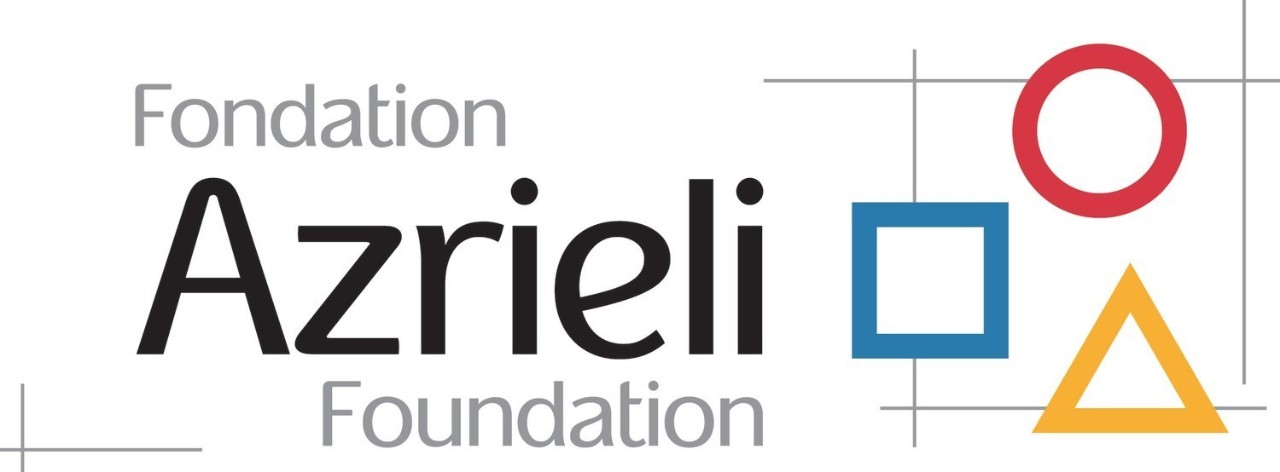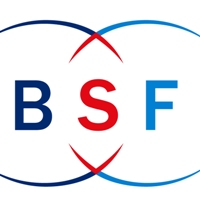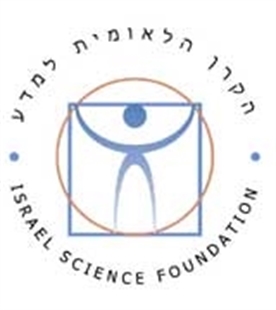Join our ongoing research projects
We’re looking for students with sharp minds and an appetite for developing new ideas and for pushing boundaries - to join one of our ongoing research projects.
About us: our group’s research covers a spectrum of fields from the fundamental to the very applied. In particular, we strive to deepen our understanding of quantum science and make use of it.
We have two laboratories and a third under construction. Our UTEM lab uses pulsed lasers to drive a transmission electron microscope. This lab is located at MIKA - the Technion center for electron microscopy.
Our X-ray lab contains a few sources for soft- and hard-X-rays, as well as characterization equipment and advanced detectors, with recent ones that use principles in quantum optics. This lab is located at the Technion solid state institute.
Graduate and postdoc opportunities
Our group is always open for excellent and enthusiastic students who are interested in solving challenging problems in physics, math, electrical engineering, or material science.
The research involves both theory and experiments, but is flexible enough to be focused on either full-time experimental work, or purely advanced theory.
Do you have?
– Excellent analytical abilities and a love of mathematics
– … and/or a hands-on approach to experiments, and eager to build challenging new experimental setups that does not exist anywhere else in Israel
Then come work with us or help circulate it to anyone interested.
About the Technion
The Technion – Israel Institute of Technology was founded in 1912, and has been pioneering Israel’s science and engineering ever since. The Technion’s unique culture has brought it to be ranked among the leading technological universities in the world. Technion alumni are also the main resource of Israel’s start-up economy, making Israel the 2nd most innovative country in the world. Our researchers have won many prestigious international awards over the years, including three Nobel prizes in this century placing it number 10 in the world.
Besides, we have special joint positions
Electrons-Cavity Interactions for Quantum Electron Microscopy
We propose a joint Julich E-RC/Technion position for a PhD student to investigate how quantum interactions inside an electron microscope could lead to entangled electron states which can be used for quantum electron microscopy. Our project relies on creating entanglement between the path of the electrons and other quantum objects such as a cooled-down cavity (see the figure). The project is extremely challenging from both theoretical and practical aspects.
The Ernst Ruska-Centre for Microscopy (ER-C) in Jülich is the German national center of excellence for high electron microscopy and It is the world’s largest and most advanced electron microscopy center.
The AdQuanta group at Technion is one of the world leaders in ultrafast electron microscopy. The group develops unique theoretical capabilities for exploring the physics of novel kinds of electron-photon interactions.
On top of a full PhD fellowship, the position includes a special housing allowance and substantial support for frequent international travels between Germany and Israel.
To apply, kindly forward your CV and a cover letter to:
kaminer@technion.ac.il and a.tavabi@fz-juelich.de
Please note: acceptance to the program necessitates successful interviews at both the Technion and the Jülich Research Center.
Shaping Quantum Wavefunctions in Electron Microscopes
We propose a joint Jülich ER-C/Technion position for a PhD student to develop a laser-based spatial electron phase modulation. In building such a device, we aim to harness electron coherence using interferometry as a key method for lowering the required electron dose in imaging of dose-sensitive materials using high-end electron microscopes.
The Ernst Ruska-Centre for Microscopy (ER-C) in Jülich is the German national center of excellence for high electron microscopy and It is the world’s largest and most advanced electron microscopy center.
The AdQuanta group at Technion is one of the world leaders in ultrafast electron microscopy. The group develops unique theoretical capabilities for exploring the physics of novel kinds of electron-photon interactions.
On top of a full PhD fellowship, the position includes a special housing allowance and substantial support for frequent international travels between Germany and Israel.
To apply, kindly forward your CV and a cover letter to:
kaminer@technion.ac.il and a.tavabi@fz-juelich.de
Please note: acceptance to the program necessitates successful interviews at both the Technion and the Jülich Research Center.
Quantum High-Harmonic Generation
We propose a joint Julich RC/Technion position for an experimentalist PhD student to investigate the interplay of high harmonic generation with quantum optics. Our project aims at building a bridge between two research fields that are usually thought to be disconnected: strong-field physics that relies on large photon numbers, and quantum optics that usually operates with low photon numbers and non-classical properties. This bridge will open a new field in quantum optics, accessing new spectral regimes such as the extreme ultraviolet (XUV) that were seen as almost completely classical. This bridge will also connect quantum optics to new extremes enabling unique correlation measurements on attosecond timescales. Such novel connections will lead to ultrafast measurements with higher accuracy, sub-shot noise interferometry and imaging at extremely high frequency, and completely new regimes of entanglement in photonics.
The Laser Dynamics in Solid group in Jülich is one of the most advanced experimental facilities worldwide in generating ultrafast, extreme-intensity light pulses, and in generation of high harmonics: https://magnetization-dynamics.fz-juelich.de/
The AdQuanta group at Technion is one of the world leaders in ultrafast electron microscopy. The group develops unique theoretical capabilities for exploring the physics of novel kinds of electron-photon interactions: https://kaminer.technion.ac.il/
On top of a full PhD fellowship, the position includes a special housing allowance and substantial support for frequent international travels between Germany and Israel.
To apply, kindly forward your CV and a cover letter to:
kaminer@technion.ac.il and r.adam@fz-juelich.de
Please note: acceptance to the program necessitates successful interviews at both the Technion and the Jülich Research Center.
Free Electrons in Bright Squeezed Vacuum
We propose a joint Julich RC/Technion position for an experimentalist PhD e-student to investigate the interaction between free electrons and squeezed vacuum photonic states. Following breakthroughs in recent years, high e-intensity bright squeezed vacuum (BSV) is within experimental reach. The interaction of free electrons with squeezed light is amplifying the electron interaction with vacuum by millions of times. Thus, interaction of free electrons with BSV can reveal to us the properties of the photonic vacuum and its fluctuations. This discovery will not only provide the first evidence of the impact of vacuum fluctuations on an electron – which is at the very foundations of quantum electrodynamics (QED) – but will also broaden our understanding of how BSV light can amplify strong field processes like high harmonic generation and above threshold ionization.
The Laser Dynamics in Solid group in Jülich is one of the most advanced experimental facilities worldwide in generating ultrafast, extreme-intensity light pulses, and in generation of high harmonics: https://magnetization-dynamics.fz-juelich.de/
The AdQuanta group at Technion is one of the world leaders in ultrafast electron microscopy. The group develops unique theoretical capabilities for exploring the physics of novel kinds of electron-photon interactions: https://kaminer.technion.ac.il/
On top of a full PhD fellowship, the position includes a special housing allowance and substantial support for frequent international travels between Germany and Israel.
To apply, kindly forward your CV and a cover letter to:
kaminer@technion.ac.il and r.adam@fz-juelich.de
Please note: acceptance to the program necessitates successful interviews at both the Technion and the Jülich Research Center.
Technion Graduate School
The Technion is located in the city of Haifa. Having the green forests of Mount Carmel next to the sandy beaches make Haifa one of the most beautiful cities in the country. Haifa is the quintessential example of a multicultural city where Jews, Christians, and Muslims live alongside each other in peace. The small size of Israel makes Tel-Aviv, Jerusalem and other interesting sites just a short trip away.












